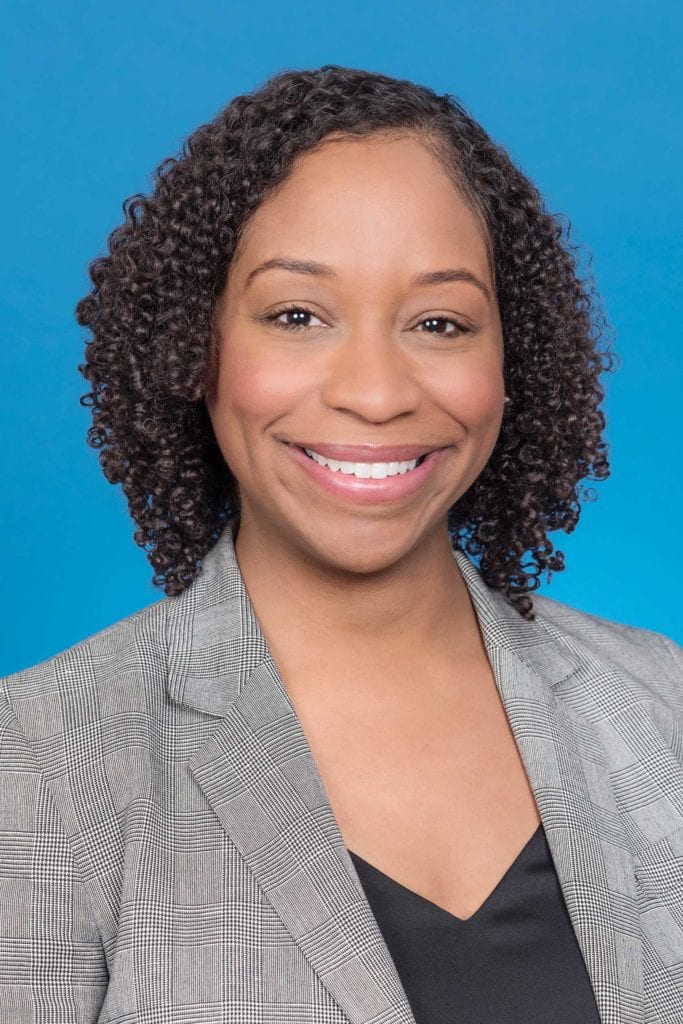
Veronica Martinez & Andrea Campbell
As Democrats, we talk often about the importance of leveling the playing field — for working families, for children, for communities of color, emerging immigrant communities and others. That work takes many forms — protecting critical voting rights, fighting attempts to erode the rights of organized labor, and limiting the influence of dark money on our democracy — but our party, at its best, constantly reflects a fundamental sense of fairness, and a commitment to ensuring equality of opportunity through direct activism.
Empowering people from historically disenfranchised and underrepresented communities to engage in the political system, and to run for and hold public office, is no exception.
Even as we celebrate historic diversity among elected leaders in Massachusetts — at the local, state, and federal level — following the 2017 and 2018 elections, we remain aware that far too many would-be candidates struggle to gain a foothold, the result of historical exclusion from the halls of power, lack of familiarity with Democratic Party structures, or lack of access to the networks, resources, and tools that form the foundation of a run for public office.
Representative democracy only works when everyone is represented, which is why we need more women, people of color, LGBTQ individuals, and immigrants serving in government and why we need to give would-be activists the megaphone to amplify their unique stories and histories to inform the work of elected leaders. That’s why events like the Democratic Campaign Institute (DCI) are so important, and why the intentional focus on engaging diverse communities is so significant.
As a party, we cannot be content with paying lip service to challenges related to diversity and inclusion. We must prompt an intentional, strategic discussion about how we make existing structures more accessible and amplify the power of diverse communities — and we must ensure that all of our trainings, conferences, and conventions take this context into account. Events like the DCI are valuable because they provide an opportunity to work with community to answer questions like: how do we make existing resources more accessible to communities for whom English is not a first language? How do we create a pipeline — not only of diverse candidates — but of diverse staff? How do we build and maintain diverse coalitions from one election cycle to the next?
Leveling the playing field requires that we all recognize “diversity” and “inclusion” as more than buzzwords — they must be the connective tissue in everything we do. At events like the DCI and elsewhere, our party must remain committed to engaging diverse communities and creating pathways for historically disenfranchised communities to participate more fully in our democracy.
Veronica Martinez is executive director of the Massachusetts Democratic Party. District 4 Councilor Andrea J. Campbell is president of the Boston City Council.






